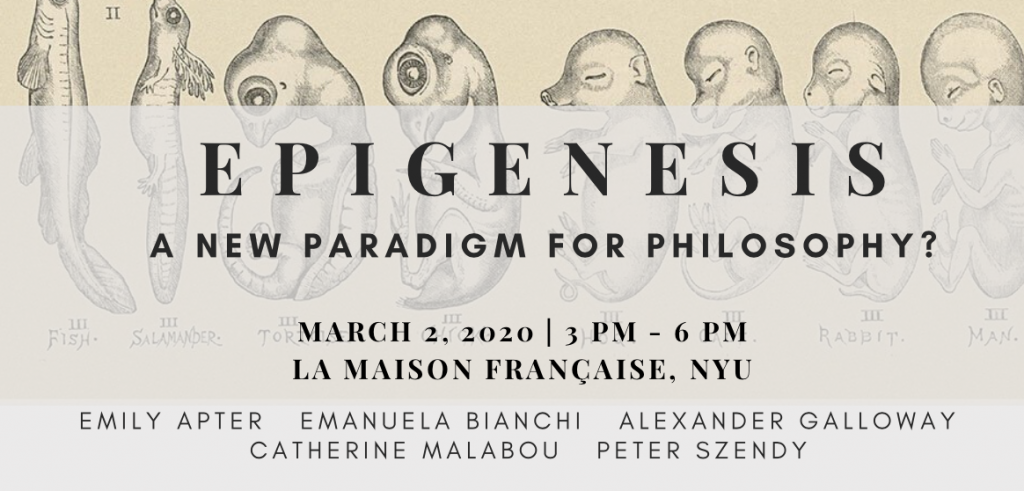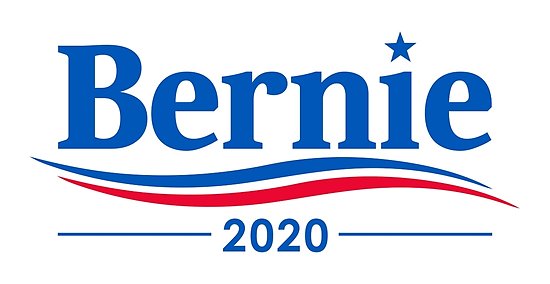A brief follow up to the previous allusion to Kant...
In the Critique of Pure Reason, Kant defined the analytic as containing a non-additive predicate, while the synthetic as having an additive predicate. While I still need to work out the details, it's clear that Kant also implicates the digital and the analog with this famous distinction. As I define them, "digital" has a special relationship with analysis, while "analog" with synthesis. The terms are so similar that, in some instances, they act as synonyms (digital=analysis, analog=synthesis). I'm sure Kantians would scoff at the attempt, but I'm keen on misreading Kant here, portraying Kant's analytic as digital, and his synthetic as analog. Again, I need more time to see where this goes, but at the very least it offers a new perspective on Kant's famous expression "7 + 5 = 12" and his somewhat controversial notion that such mathematical expressions are, in his terms, "synthetic." (Critique of Pure Reason, B15). Is math also an "analog" technology for Kant, and if so how? Continue reading

